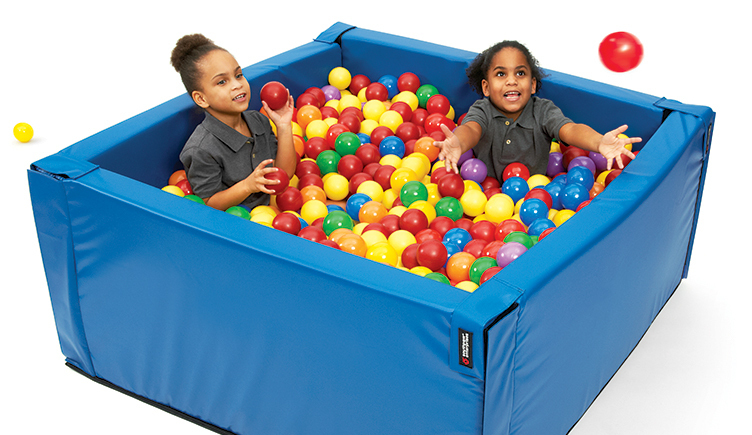As many of us are looking out our windows seeing the snowflakes fall and the temperatures drop, we can only be dreaming of the summer days ahead. However, if you are a parent, now is the time to be thinking about your summer plans. Yes, you heard me. I know many of us are barely getting by with our schedules and to-dos, and summer seems so far away; however this is the time that we start to get flooded with all the information about summer camps and programs. Registration is beginning, and slots will fill up before we know it. Therefore, we need to start our planning mode.
Although, summer is a great time to slow down life from the busy school year calendar and find time for good unstructured moments, we still need to make sure we are meeting our child’s activity needs. Regardless of your child’s age, interests and special needs, it is most important to make sure the summer calendar is well balanced, and that takes some planning. So, here are a few things to consider when planning your child’s summer programs:
- Find things that interest your child. There are basically camps and groups for every type of interest. From sports, cooking, art and electronics to theater and video games, you are sure to find something that interests your child. In addition, it doesn’t have to be what everyone else is doing. Sometimes, encouraging our children to participate in an activity where they have to do it “alone” and meet new people is good; just make sure they are motivated to do it. The last thing anyone want to do is be dragged out the door on summer break for something they don’t enjoy. This holds true for sports as well. Over-enforcing sports too early, before kids really have a self-motivated interest, can make it unenjoyable for your child.
- Encourage time to be social. One component of school is that it provides the opportunity for children to be social with peers. Make sure that during the summer your child has the opportunity to be social with friends, as well as learn to meet new people. For many children, this can cause anxiety, and they tend to keep to themselves. Summer is a great time to work on these skills in a less-demanding environment. In addition, just like everything, socialization needs to be balanced…it cannot all be via text or Xbox!
- Provide downtime. Kids are so busy and work so hard during the school year that, yes, we need to go old-school and let children veg out and just be. Although, many children need structure and routine, there is benefit to “down” time for everyone…just make downtime part of the routine. It is important that this time is free of electronics. Even the child who is walking aimlessly through your backyard is taking in the sights, sounds and smells of the outdoors, so it is a sensory experience and beneficial. It probably takes more effort as adults to know it is okay to slow down and not have “something” to do.
- Continue to limit electronics. It goes without saying that this is probably one of the hardest struggles we face as parents. In society today, where everything is done via devices, help children to learn to balance their use. Using them for tools more than entertainment is so important to their overall well-being and development.
- Encourage physical activity every day. Being active has so many benefits for a child’s development. So, whether it is an organized sport, a camp, or a trip to the local playground, making sure your child is getting physical activity is a must. The summer months are a great time to incorporate a family workout plan, swimming, and taking time to hike local parks and trails.
Even though it seems early, we do need to start to put a plan in place so we don’t miss out on activities that include registration. Just make sure the plan is well balanced, with your child’s needs in mind.



